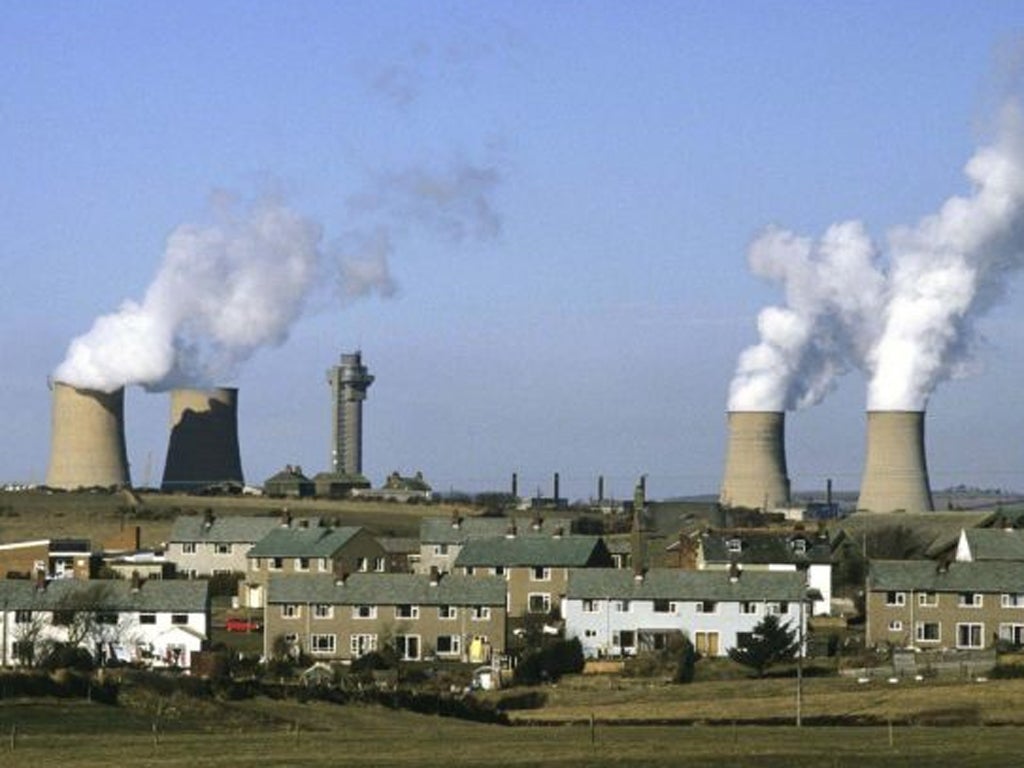Government takes £3bn gamble on nuclear waste

The Government gave the go-ahead yesterday for a controversial proposal to convert Britain's plutonium waste into mixed oxide (Mox) nuclear fuel that could be "burned" in a new generation of nuclear power plants.
The decision, which ends decades of uncertainty on how to deal with a growing stockpile of more than 112 tonnes of plutonium waste, was presented as a written Parliamentary statement by the energy minister, Charles Hendry.
Plutonium waste has been a headache for successive governments because it is a highly dangerous radioactive material that can be converted into weapons-grade material, making it a security risk. It's also expensive to store.
But although Mr Hendry made it clear that the Government sees the "Mox option" as a priority, it is not certain that a new £3bn plant to convert the plutonium into Mox fuel will ever be built.
Mindful of the financial and technological disaster of the current Mox fuel plant at Sellafield in Cumbria, which has cost £1.34bn and produced a tiny fraction of the fuel it was scheduled to make, Mr Hendry said that a clear case has still to be made for a second Mox plant at Sellafield.
"Only when the Government is confident that its preferred option could be implemented safely and securely, that is affordable, deliverable, and offers value for money, will it be in a position to proceed with a new Mox plant," Mr Hendry said. In its response to a public consultation on Britain's plutonium problem, the Government has not rejected other options. One is to convert the 112 tonnes of plutonium dioxide powder stored at Sellafield into glass or concrete blocks that could be buried permanently in a deep waste repository. Another is to use the plutonium directly as fuel for fast reactors, if these can be developed commercially in the coming decade.
"While converting the plutonium into Mox is the most credible and technologically mature option, the Government remains open to any alternative proposals for plutonium management that offer better value to the taxpayer, and will seek to gather more details on all options," Mr Hendry said.
Senior government advisers have been in discussions with GEC-Hitachi about the possibility of adapting its Prism fast reactor to deal with the plutonium stockpile at Sellafield.
However, the Government's response says that, unlike fast reactors, Mox fuel is not a pioneering technology and so does not carry the risks associated with fast reactors. If a commercial partner were prepared to take on those risks, the Government says it would consider the possibility of building a nuclear fast reactor to deal with the waste.
Join our commenting forum
Join thought-provoking conversations, follow other Independent readers and see their replies
Comments
Bookmark popover
Removed from bookmarks